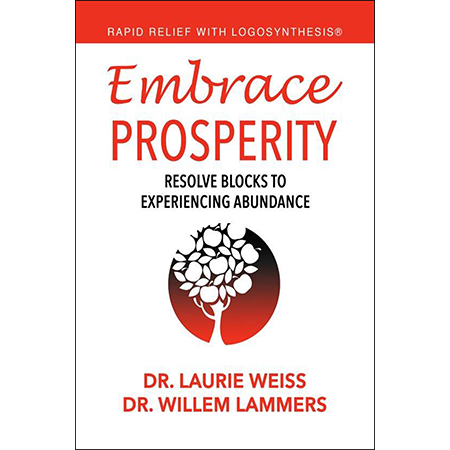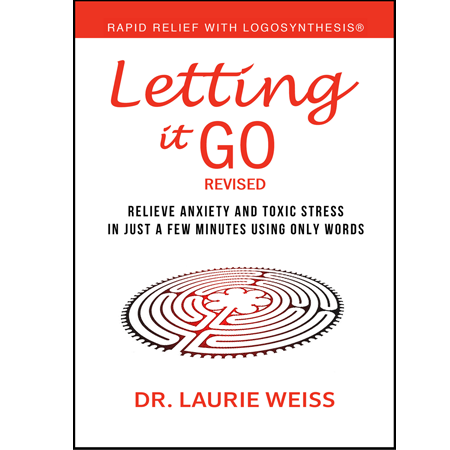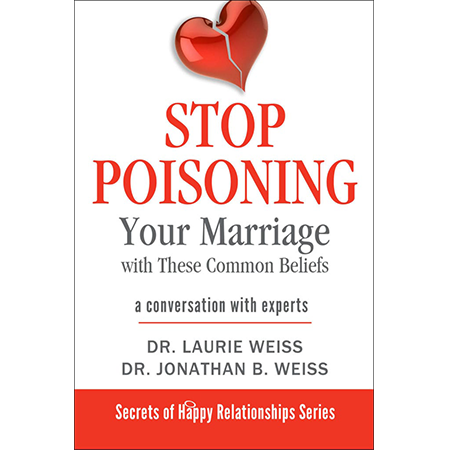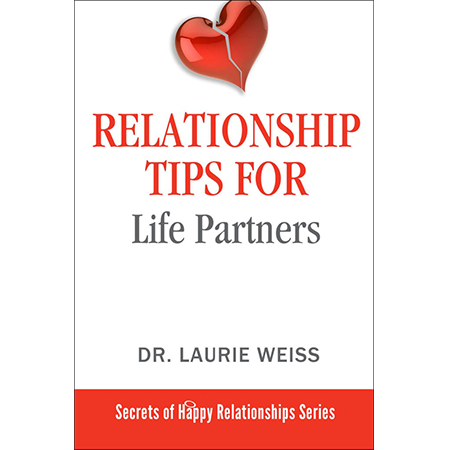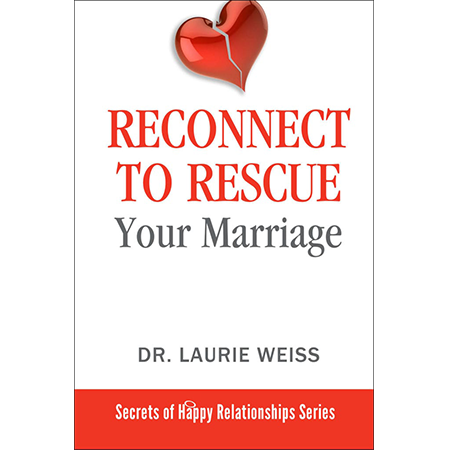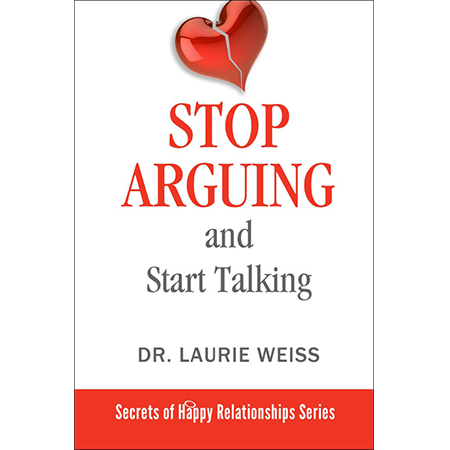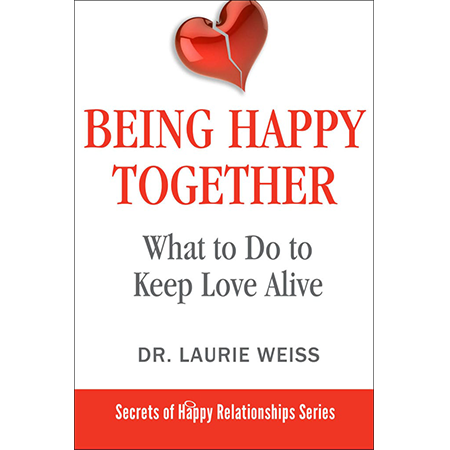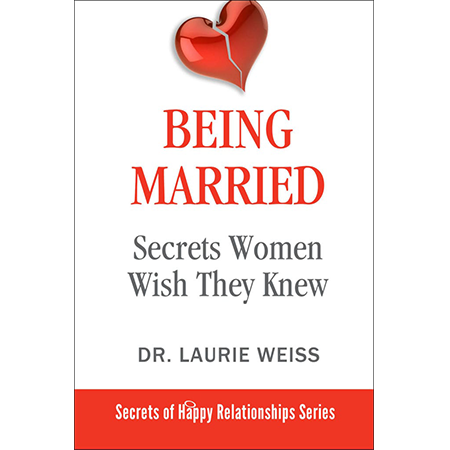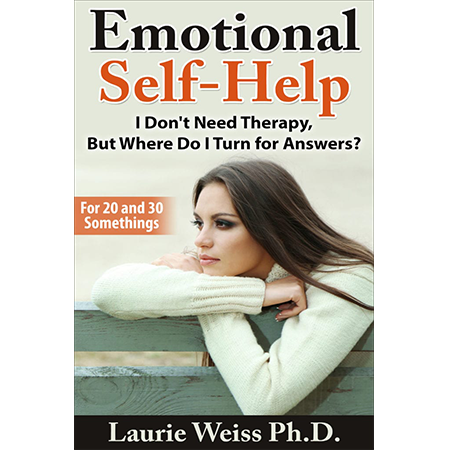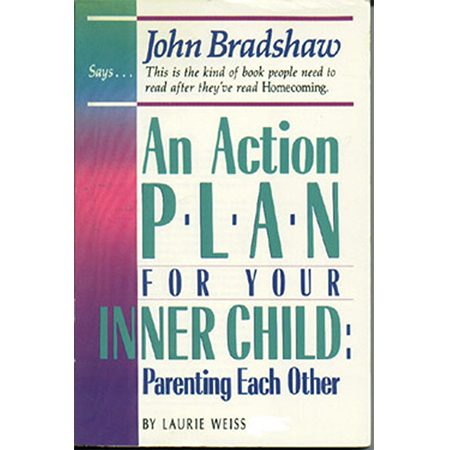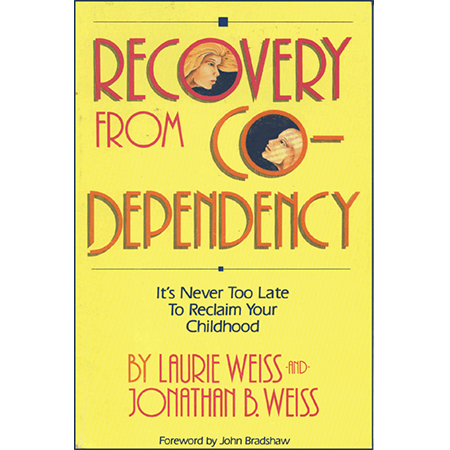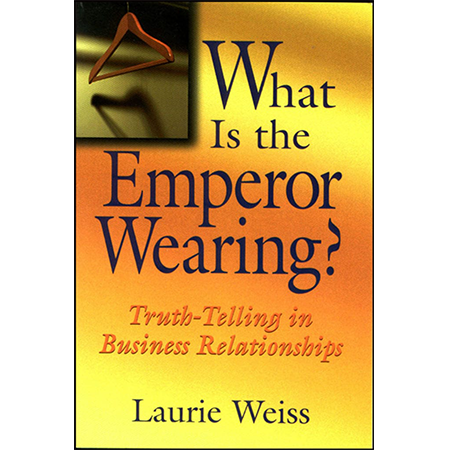Project Description
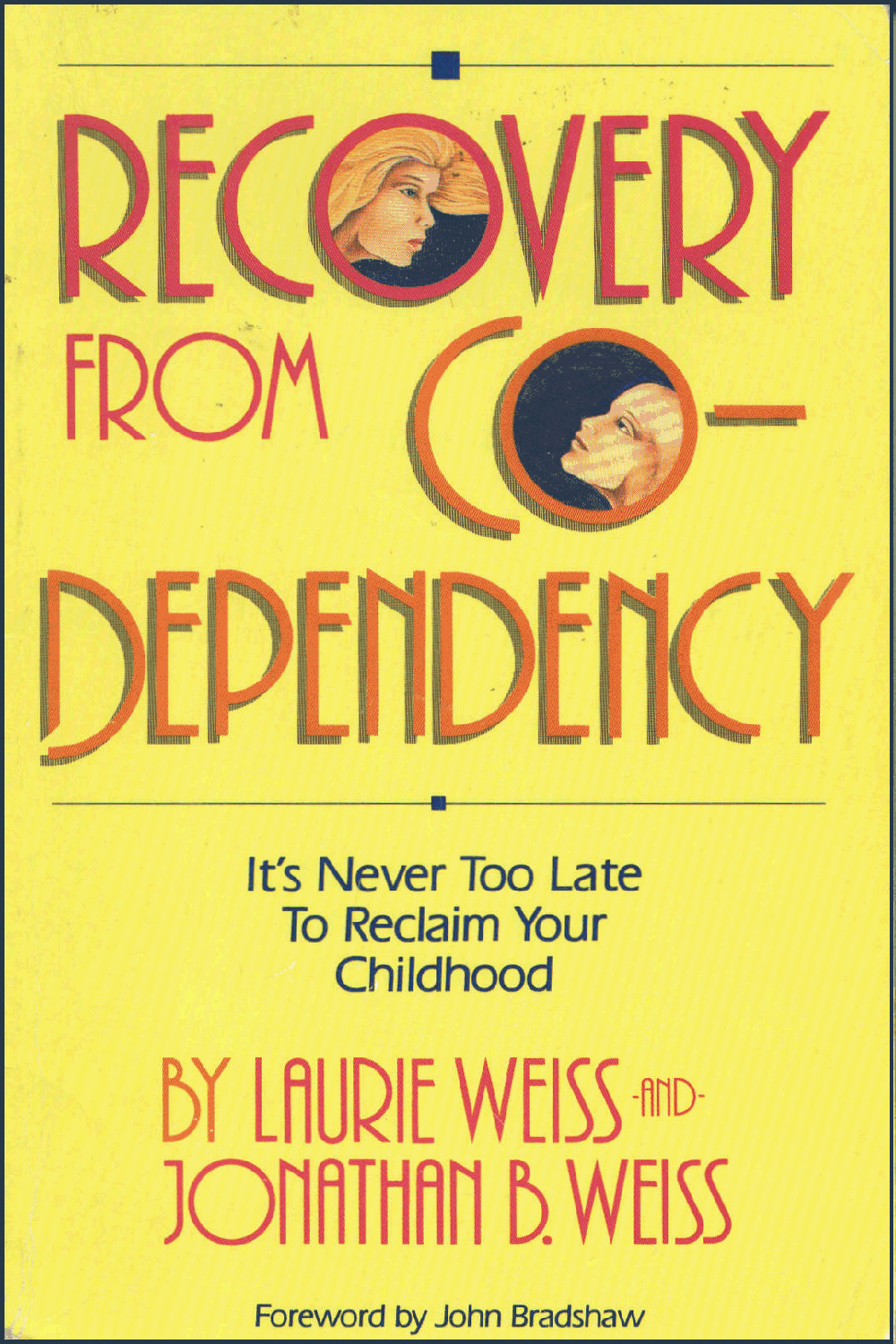
When you grow up in a dysfunctional family, you learn to survive by staying alert and staying out of the way. You follow the rules: don’t trust, don’t feel, and don’t talk. When you recognize the pain this caused, you discover a confused and miserable inner child seeking love and acceptance. This is a roadmap to the healing you seek.
GRAB YOUR COPIES AT:
This definitive guide to developmentally based psychotherapy was originally published in 1989 and has sold over 40,000 copies. It continues to sell in print and ebook forms over 30 years later.
This book may be used as a map for therapists and Adult Children on the road to recovery from Co-Dependency. Developmental issues are addressed, patterns of substitute behavior are identified and a treatment plan to meet the needs of the Inner Child is created.
Adult Children are in the position of trying to manage their adult lives on the basis of decisions made by mistreated children. Sometimes the pain of carrying out these life-repressing decisions becomes so overwhelming that they try to self-medicate it. The resulting addictive or compulsive substitute behaviors, which represent a denial of what their Inner Child really needs, typically make the situation even more unmanageable.
Even though Co-Dependents are usually unaware of the source of their own dysfunctional patterns, they recognize that their lives aren’t working and come for help. In therapy Co-dependents can gain permission, information and modeling in order to learn what is naturally learned by children who grow up in healthy families.
Through this corrective parenting the Inner Child can be healed.
Author’s note: While modern energy healing techniques such as Logosynthesis® may supersede the techniques for healing the trauma described here, the need to identify and develop the missing life skills are still a critical part of recovering from codependency.
What Readers Say
This book clarifies in a thorough and useful way the importance of doing inner child work in a developmental context. The wises have presented some powerful tools for dealing with healing our inner child and each stage of the developmental process.
When we understand how we originally learned to cover up our sense of unworthiness, we can use the information to correct our behavior. As adults we can learn new ways of nurturing the specific needs that were never met. The Weisses bring their rich array of Transactional Analysis tools in offering resources for each level of developmental need. We owe them a debt of gratitude for bringing us these powerful resources.
— John Bradshaw, best-selling author of Homecoming and numerous other books
The Weisses capture the spirit of positiveness and health as they provide cautionary protection toward autonomy via forgiveness and balance. They stress:
1. an understanding of the needs of the developing child at different ages
2. an understanding of how unmet childhood needs are reflected in adult behavior patterns
3. an understanding of some systematic model of healthy functioning so the goal of treatment is clear.
Overall, the book is clear simple and affordable for both clients and therapists.
—Lyman Rigby, Marriage and Family Therapist (ret), Transactional Analysis Journal
In this insightful book on codependency the authors argue that skills not learned in childhood can be learned as an adult through corrective parenting, when the adult child relinquishes the hope that the original childhood can be fixed and grieves the loss with all its attendant issues. For therapists working with adult children, put this book on your list for “must” reading.
— Richard Daetwiler, Th.D., Carenetwork
Although there are many books dealing with codependency, this is one of the best, intelligently written both for the therapists and helping professionals as well as the increasingly sophisticated adult children of dysfunctional families. This is an eminently practical book, one that asks, “How is your inner child of the past?” Beyond that, it asks (and answers), “How old is your inner child and what does it need?” It is a fine map of the traveler on the road to self-awareness.
— Beginning; the official newsletter of the American Holistic Nurses’ Association
GRAB YOUR COPIES AT:

